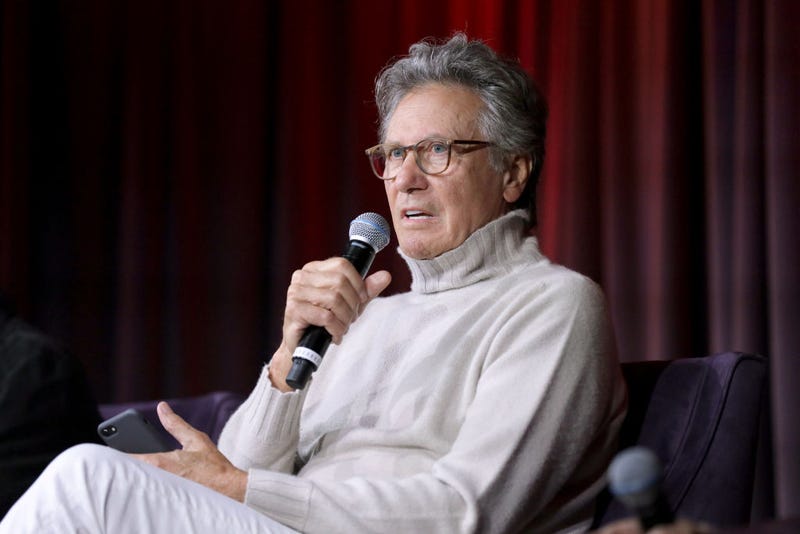
There are few people as deserving of the title “rock legend” as Robert Lamm of Chicago. Robert Lamm founded the band in 1967 with college friends, including Terry Kath, James Pankow, and Peter Cetera. The group called themselves Chicago Transit Authority, after the mass transit system in Chicago, but soon shortened the name to Chicago. In a short period of time, Chicago had produced album sales through the success of singles like, “Does Anybody Really Know What Time It Is,” “Question 67 or 68,” and “Beginnings.”
Chicago described themselves as a “rock and roll band with horns” and in the late-60s that was not a familiar formula that was guaranteed to be as successful as it became. Adding the soul influence of a powerful brass section to hard-driving guitar rock was a new musical adventure that had critics. But the instant success of Chicago proved the skeptics wrong.
In preparing for my conversation with Robert Lamm, I went back and studied the lyrics of many of the songs he has written. What stood out most to me was the ever-present optimism in his lyrics and the challenge for listeners to follow their spirit, even if it goes against societal dictates.
The early hit, “Dialogue Parts 1 & 2,” makes a strong statement about the divided state of America and is literally a dialogue between two members of the young generation of the late-60s. One is deeply concerned about war (the Vietnam War which was spiraling out of control) and divisive social issues like poverty and homelessness. The other doesn’t seem to want to be bothered by the concerns over war and ugly social issues. But the dialogue evolves into a chorus of positivity declaring that “We can make it better - we can change the world now - we can save the children - and we can make it happen.”
Chicago’s 1971 hit, “Harry Truman,” written by Lamm, tells the story of a president who made difficult decisions that were not always popular decisions, but President Truman followed his inner conscience. “Harry Truman” is a challenge to reflect on ourselves and make decisions based on our passion void of the influence of society.
During the pandemic, isolation motivated Robert Lamm to write and while the subjects were different, a sense of optimism prevailed. Lamm’s solo hit, “Work Out Fine” promoted the idea that we - as a nation - would rise from the pandemic and everything would be fine.
The first single from Chicago’s newest album, “Born For This Moment,” was titled “If This Is Goodbye.” Lyrics lamented about a bunch of crazy kids never having a plan but made it to the promised land. The song speaks of seeing you in another life and every story has to end and we may never comprehend what a crazy ride it's been. I asked Robert, “Are you going anywhere?” and he explained that the lyrics reflected the band being in a different place now, but the message of optimism prevailed again.
The title track of the album, “Born for This Moment,” seems to lament on the band’s legendary journey and the fact that the journey is far from over.
Currently married to the love of his life, Joy Kopko, who he has been married to since 1991, I asked Robert about the song from the new album titled, “Our New York Time,” which opens with “I was running in circles - A half-broken heart - And looking for sunshine - Another new start.” Robert said the song reflects the memories of the past and he said that it is easier to write about memories than what you are going through at the moment, but he said he is always looking for something about the present to write about.
In New Orleans to perform at the Bacchus Ball Sunday night, Robert talked about spending a few days in the city before the show. He talked about going to a restaurant where no one knew who he was and how he enjoyed those moments of being in public and just being treated like an average person.
Robert Lamm has three charming daughters and I asked him when they were coming of age, was he a “cool” dad or just a “dad?” Robert said he always tried to first be just a “dad.”
Robert Lamm is unassuming in his demeanor, which makes his thoughtful and provocative lyrics even more profound. Exposure to his off-stage private moments gives us new insight and appreciation to the music that serves as the soundtrack of our lives.
